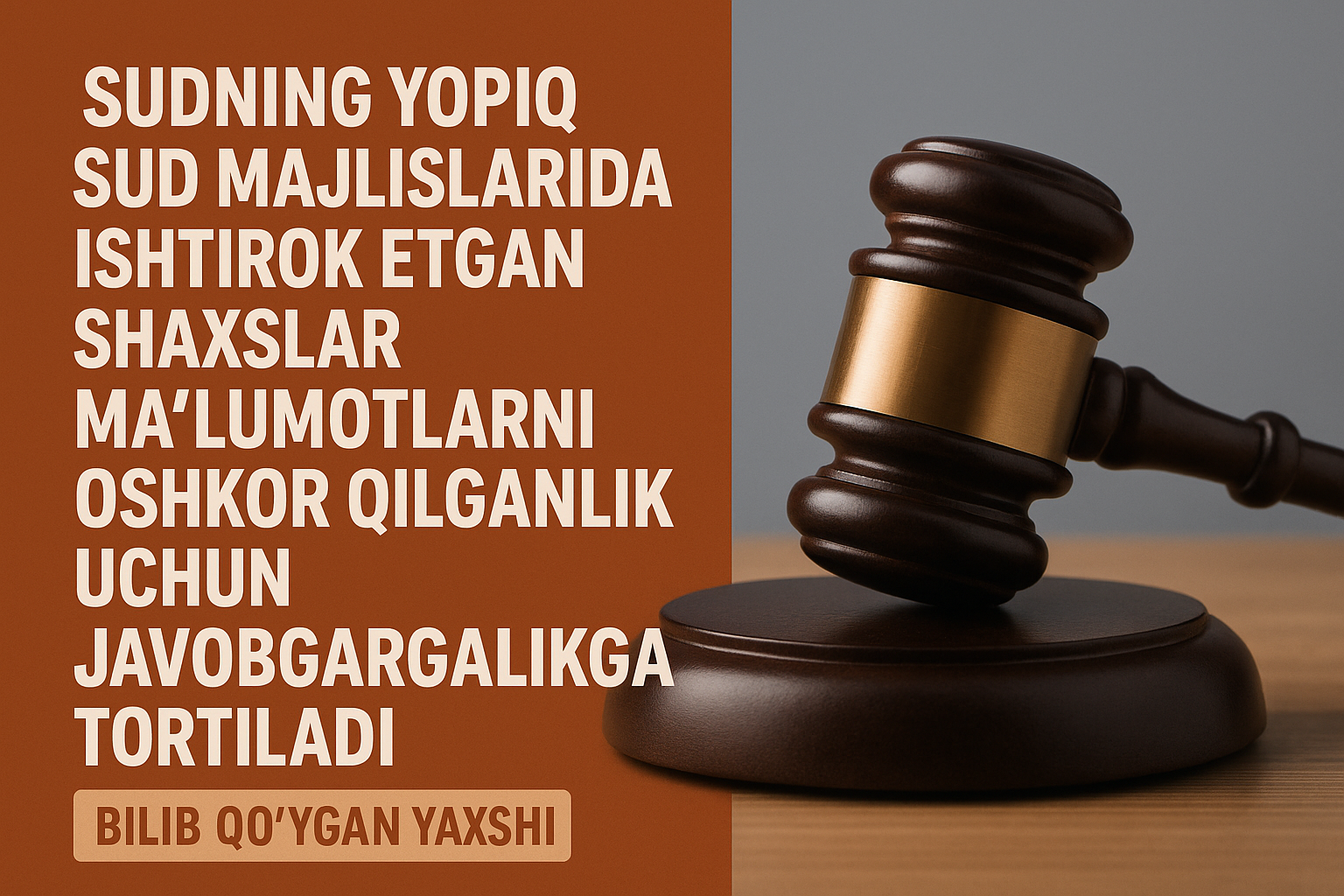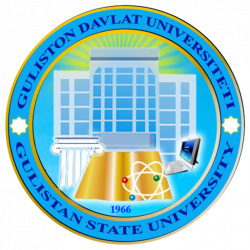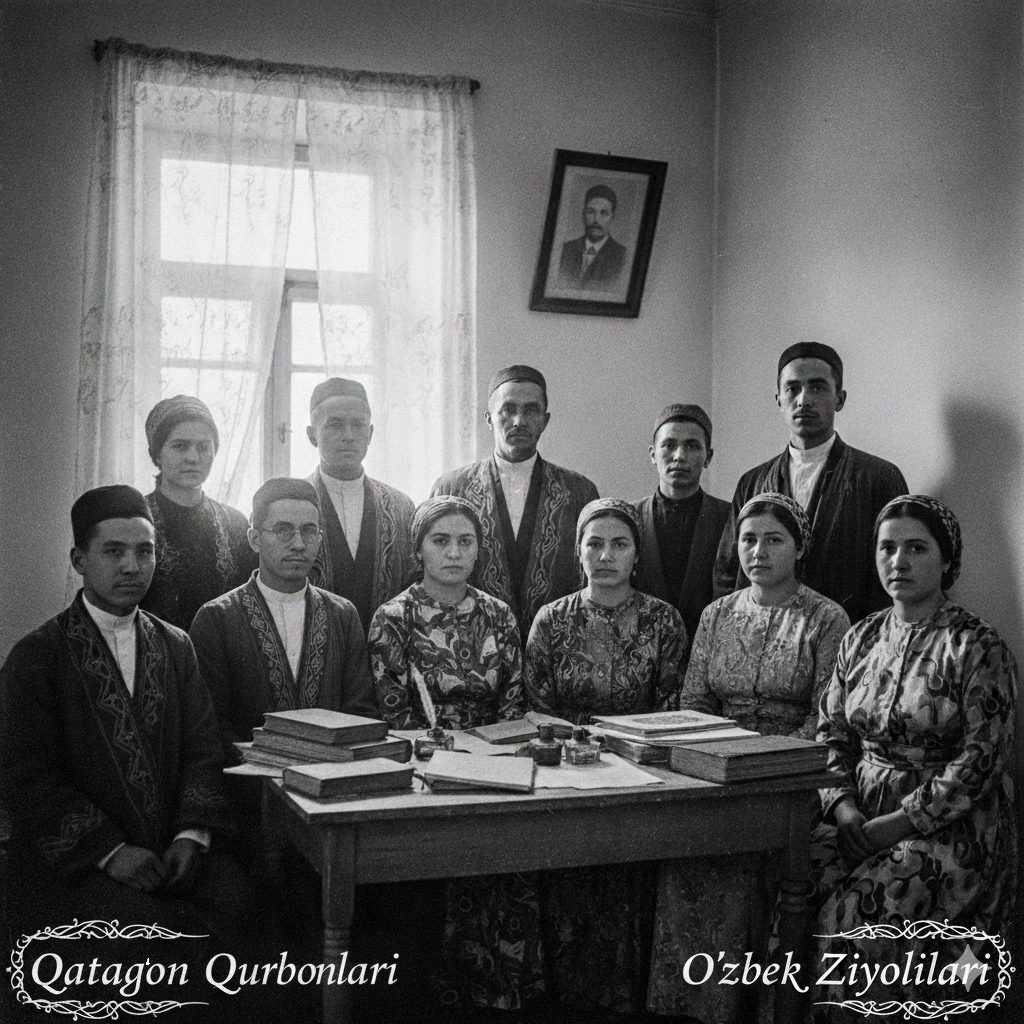Persons participating in closed court sessions shall be held liable for disclosing information
Good to know
On September 26, 2025, the Law of the Republic of Uzbekistan No. 1084 “On Amendments and Additions to Certain Legislative Acts of the Republic of Uzbekistan” came into force.
This law introduced amendments and additions to certain legislative acts of Uzbekistan, establishing criminal liability for persons participating in a closed court session who disclose information and details of the hearing without the court’s permission, after being warned that such disclosure is prohibited.
In particular, amendments and additions were made to the following provisions of the Civil Procedure Code of the Republic of Uzbekistan:
-
Part four of Article 60 (Duties and responsibilities of the expert);
-
Part two of Article 62 (Rights and duties of the specialist);
-
Part five of Article 64 (Rights and duties of the interpreter);
-
Part three of Article 98 (Opinion of the expert (expert commission)).
In addition, Article 208 (Court hearing) was supplemented with a new seventh part.
As a general rule, in accordance with Article 12 of the Civil Procedure Code, court hearings are conducted publicly.
However, hearings may be held in closed session in cases containing information constituting a state secret, adoption secrecy, or in other cases provided by law.
A closed court hearing may also be held to prevent the disclosure of personal information about the participants, to protect the confidentiality of correspondence, and to safeguard other secrets protected by law.
When a case is considered in a closed court session, the parties involved — and, when necessary, witnesses, experts, specialists, and interpreters — may be present.
Under the new law, experts, specialists, and/or interpreters who disclose information or details of a closed court hearing without the court’s authorization are now subject to criminal liability.
That is, when a judge decides to hold a case in a closed session, participants are warned not to disclose any information or details of the hearing without court permission, and a written acknowledgment is obtained from them.
This acknowledgment includes a warning that violating this obligation entails liability under Article 239 of the Criminal Code of the Republic of Uzbekistan.
D. Burkhanov
Judge of the Inter-District Civil Court of Gulistan

Share on social networks


.gif)


 O'zbekcha
O'zbekcha Русский
Русский English
English 中文
中文








